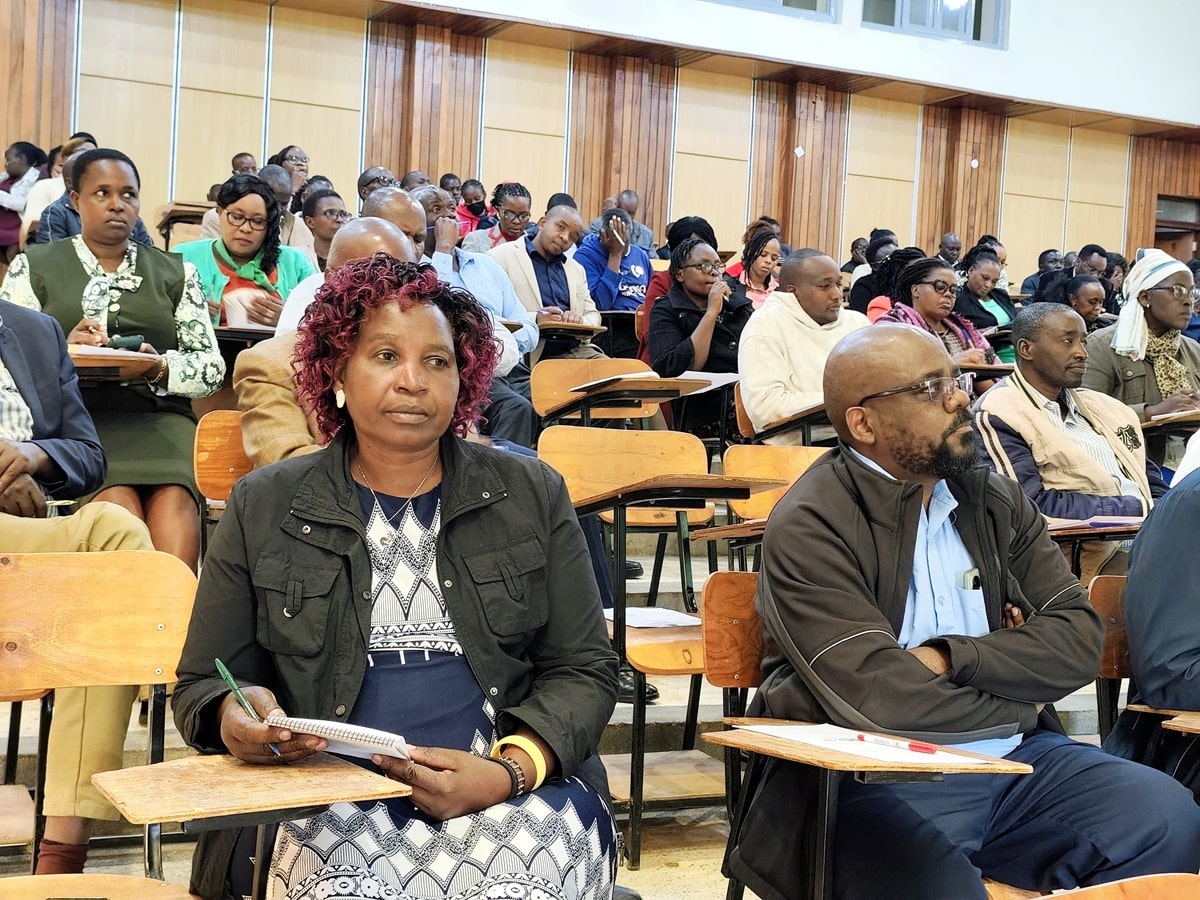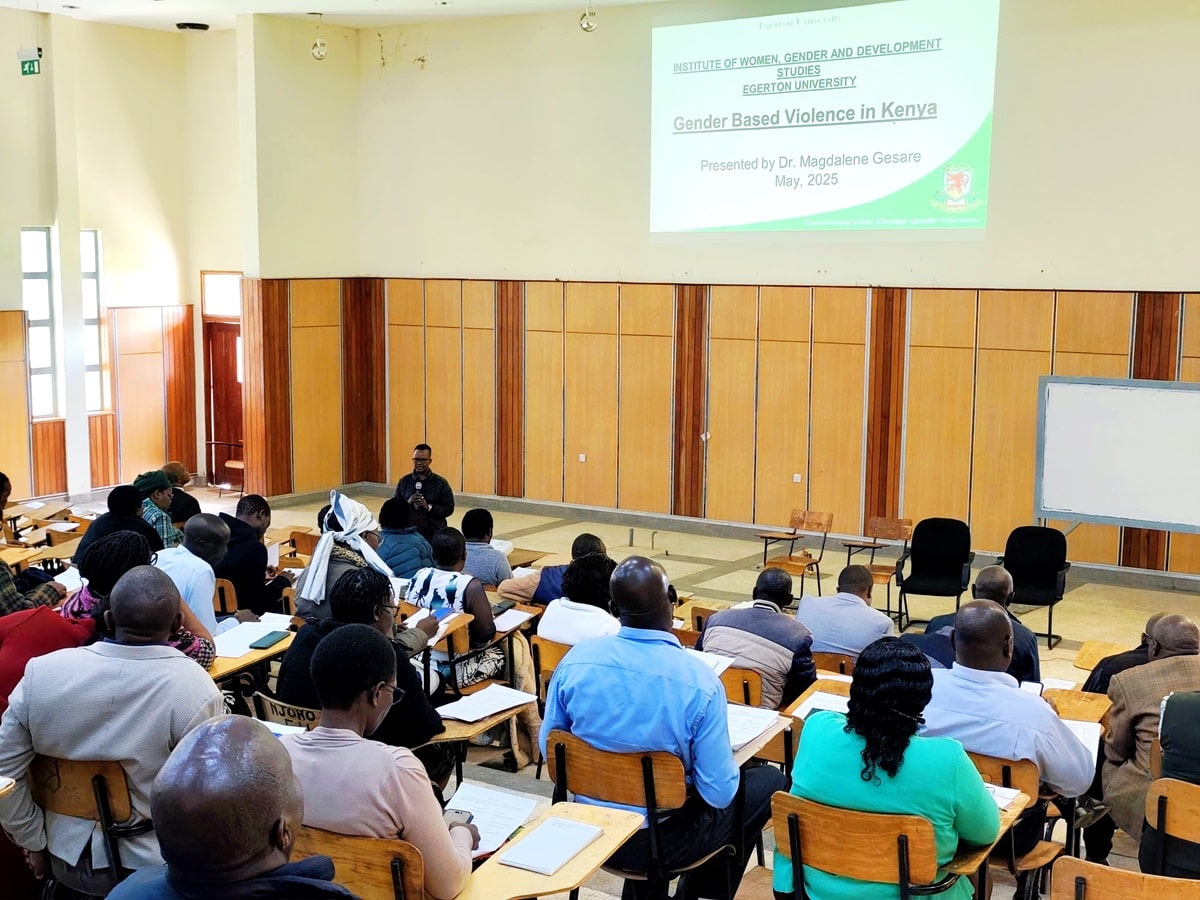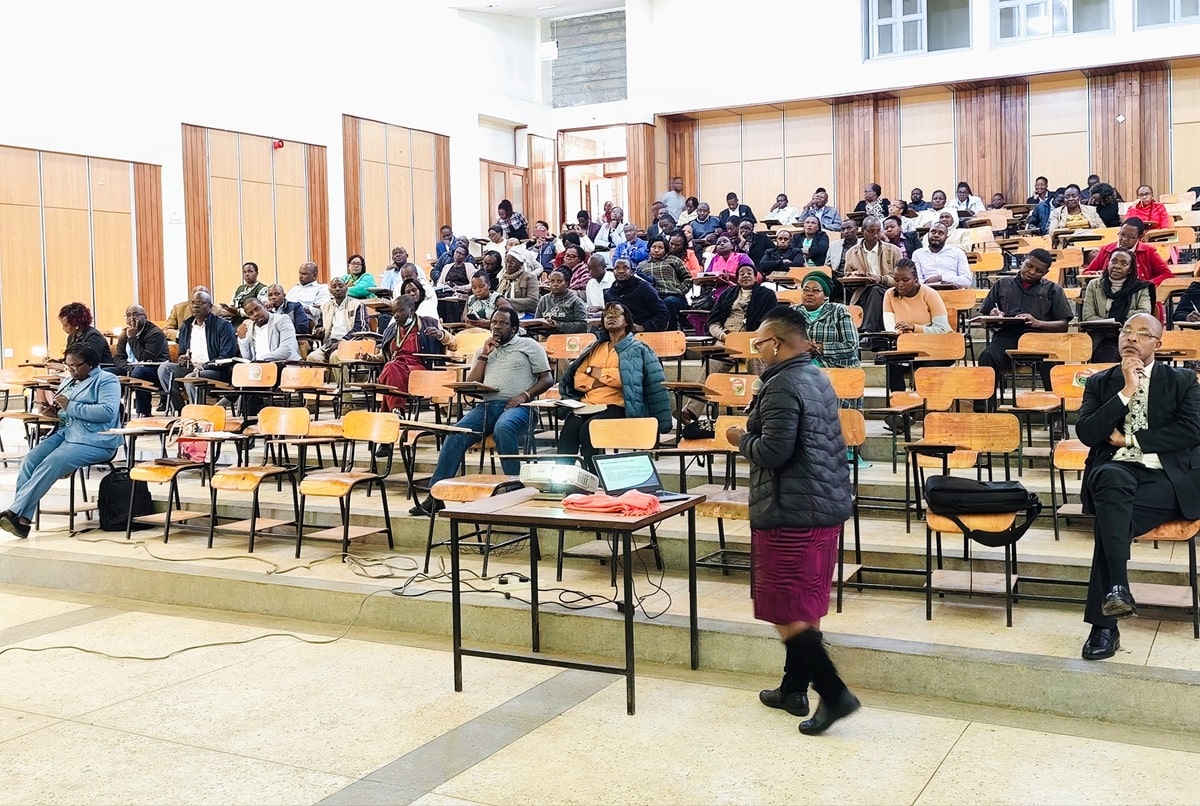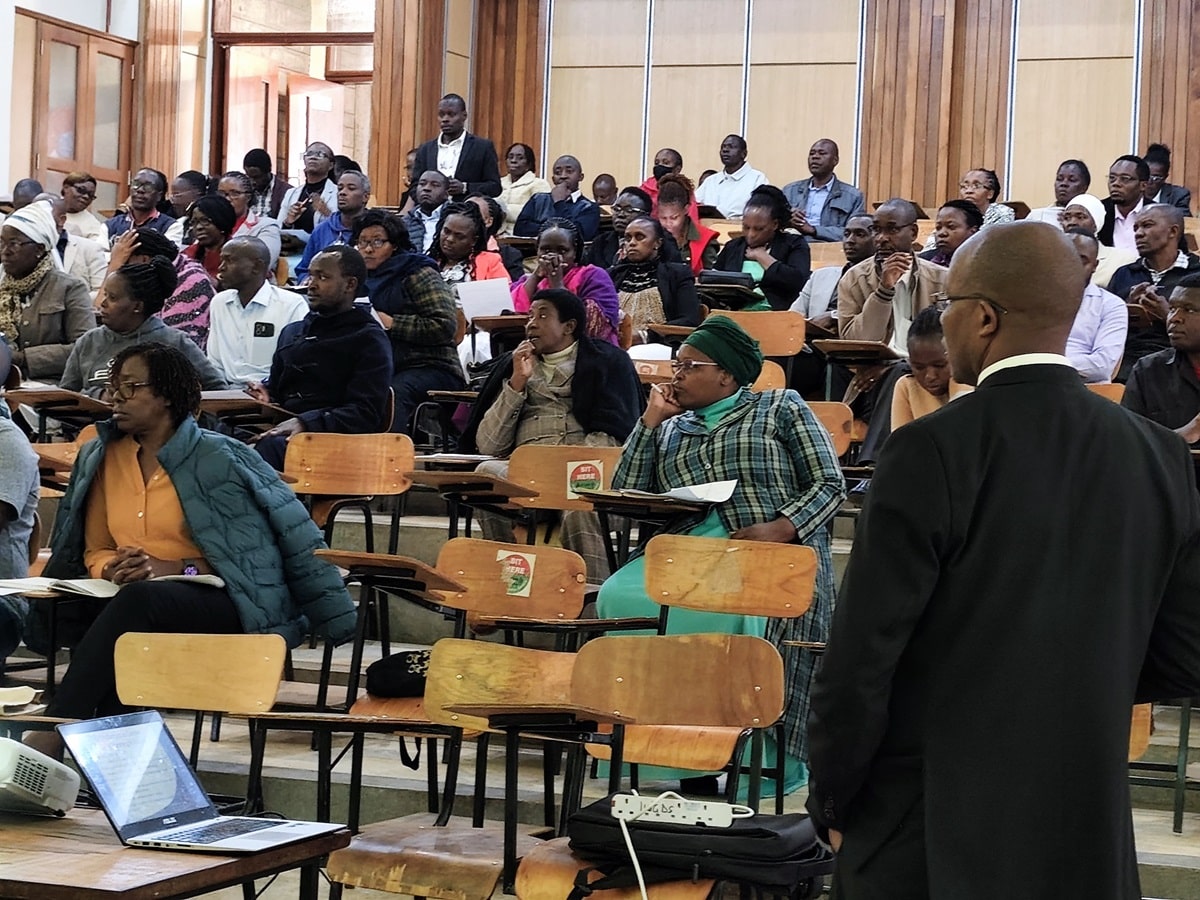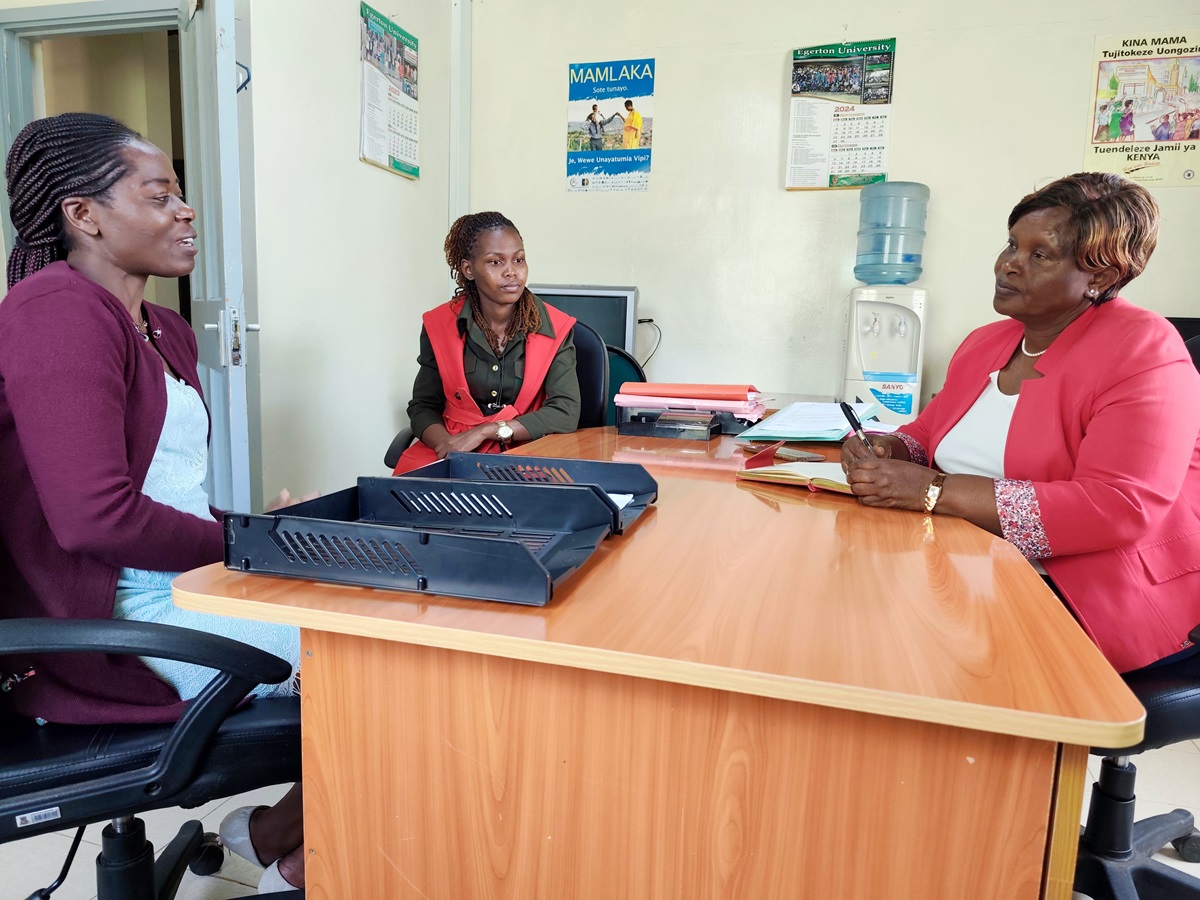By KURIAN MUSA Njoro, Nakuru – June 2, 2025
Egerton University, through its Institute of Gender, Women and Development Studies, held its annual training and sensitization workshop on gender mainstreaming and gender-based violence (GBV) yesterday.
The event is part of the institution’s commitment to the FY 2023/2024 Performance Contracting and Reporting process, and aligns with national and international frameworks such as the ILO Convention on Equal Remuneration, Kenya's Employment Act 2007, and the Sustainable Development Goals (SDGs).
In his opening remarks, Deputy Vice Chancellor (Academic Affairs) Prof. Bernard O. Aduda commended the Institute’s efforts in raising awareness on gender issues. He encouraged more women to apply for senior leadership roles to overcome the persistent glass ceiling in institutions. “Gender equality starts with us. We must foster mutual respect and ensure an inclusive work environment,” said Prof. Aduda.
Institute Director Dr. Lilian Chesikaw emphasized the importance of conducting gender audits and called for fair representation of both genders in employment and promotions. She urged women to be more proactive in seeking leadership opportunities.
Rev. Dr. Samwel Nduati led the training on gender mainstreaming, underscoring its role in achieving sustainable development. He outlined key areas such as gender analysis, planning, resource allocation, and monitoring. He also identified challenges including limited political will, insufficient funding, and societal misconceptions about gender roles.
Dr. Magdalene Gesare facilitated a session on GBV, highlighting its prevalence and evolving nature, including technology-facilitated violence. She noted that both men and women are affected, with vulnerable groups such as children, the elderly, and persons with disabilities being at higher risk. Dr. Gesare stressed the importance of safe and inclusive spaces, especially in digital platforms, and urged victims to speak out against workplace harassment.
The workshop was attended by representatives from the International Solidarity Foundation (ISF), including Deborah Monchari, Damaris Mwikali, and Douglas Moenga, who shared insights from gender initiatives in Kisii and Nyamira Counties.
Dr. Chesikaw closed the workshop by encouraging participants to cascade the knowledge gained to their departments and the wider university communit

